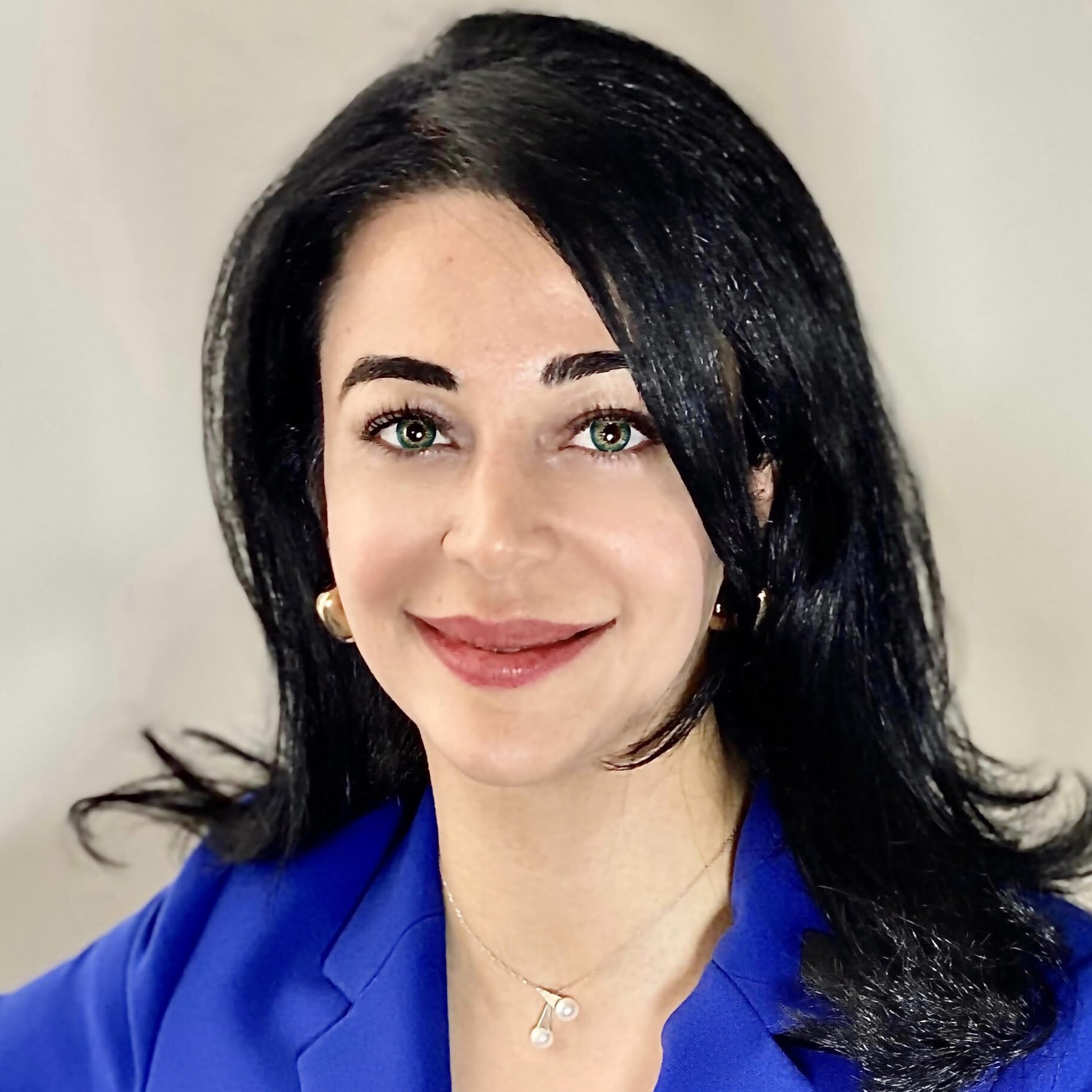In Turkey, the release of the short film, “Silent Invasion”, which was commissioned by the Head of one of the opposition parties, the Victory Party, Umit Ozdag, circulated widely on social media last weekend and was watched by more than 2 million viewers. It, however, incited the masses against the refugees and provoked the questions: “Are Syrian refugees the cause of the current economic crisis in Turkey and have they been used as tools for dirty politics to win upcoming elections in 2023?”
According to a recently published book titled “The Wealth of Refugees” published by Oxford University Press, rising populist nationalism has undermined the political willingness of rich countries to accept migrants and asylum seekers. Yet, the author says people who migrate for safety also contribute to their societies, and can play a huge role in their economies. They, and their children, toil, learn, create and invest. Therefore, the more policies are designed to unleash their potential contribution, the more material benefit they bring to the places they go to. This book explains that the xenophobia or anti-refugee reactions are not the fault of refugees. Instead, they stem from a lack of policies. Alexander Betts, the author, explores ways societies might empower refugees rather than push them to the margins, and provides actionable solutions proven to benefit refugees as well as host countries and businesses.
In strong immigration systems in countries like Germany and the UK, there is no reason to be afraid of new potential immigrants, especially if they are given ID cards and helped to settle with their own businesses.
READ: Turkey won’t expel Syrian refugees, vows Erdogan
Refugee crises are always strong political tools for politicians. As an example, in 2018, Hungary’s Prime Minister, Viktor Orbán won the elections by claiming EU migrant quota.
In 2015, I visited the Greek island of Lesbos as a journalist to have a first-hand view of the refugee crisis there. I visited refugee camps in Germany and in Greece, and slept with refugee women in the same tents. My understanding of the refugee crisis in Turkey developed from those experiences. I realised that Europe was refusing those who were most vulnerable and needed rescue, by setting up obstacles, frustrate and push the refugees away for political reasons. What we have been witnessing in Turkey is the same now.
Turkey as a country hosts refugees more than its capacity, would continue to protect its most cherished values — respect for human rights, human dignity and freedom of speech. The opposition party in Turkey should not only criticise the current government not to host refugees, but to improve and introduce more sustainable integration policies. If a refugee kid still does not carry an ID card, it is the failure of the government and not the failure of voters or other civilians.
Sadly, in Turkey today polarisation is created to win seats for the upcoming elections. This only causes a chaotic environment in the country. Young Z generations in Turkey suffer lots of traumatic setbacks due to this polarisation. Doctors are leaving the country due to lack of hope and economic crises. The solution for the economic crises must not be searched for in refugee policies.
Another important issue that opposition groups are criticising the current government for is the owning of a real estate to get residency or citizenship in Turkey. Turkey has been granting citizenship to foreign investors who make $250,000 investment into real estate or any property since 2012. The granting of citizenship to refugees from Syria and Afghanistan is gradually becoming a controversial issue in Turkey, as the leader of the main opposition Republican People’s Party, Kemal Kilicdaroglu, openly accuses President Recep Tayyip Erdogan of naturalising asylum seekers and allowing them to vote so that he may keep his post as President.
READ: EU protection to 267,000 asylum-seekers in 2021
Yet, this criticism from the opposition party must be sorted out with another solution, instead of threatening to send Syrians back. Erdogan, this week, announced that cheaper housing loans would be provided to those who convert their foreign exchange savings to Turkish lira or sell their gold to the Central Bank to use in purchase of houses worth up to TL 2 million (around $130,000). This short term solution will solve neither the currency or housing crisis nor anti-refugee sentiments. The opposition parties must come up with a solution to motivate the citizens not to live in the big cities. To gain economic success, small cities and farmers in Turkey must also be supported financially. Agriculture is the locomotive of any nation. This must be the request of the opposition to the government.
Related, Turkey’s annual inflation went up to 70 per cent this year due to rising energy, food and housing prices. Clearly, this figure cannot be fixed in one night by blaming refugees or publishing films that describe Turkey as a Syrian-dominated country. These provocative acts can only create division among citizens. As Zygmunt Bauman, one of the world’s leading sociologists argues in his book, Liquid Times, “When the elite pursue their goals, the refugees pay the price.” For Bauman, these strategies of making refugees the black sheep are always ineffective, because they do not address the root cause of our anxiety, “which is the fact that our national and local institutions can no longer provide us with security in the wake of instabilities brought on by advanced global capitalism. Instead, these strategies end up increasing the amount of anxiety and fear and segregation and eventually serve to justify our paranoia.”
The views expressed in this article belong to the author and do not necessarily reflect the editorial policy of Middle East Monitor.


![Syrians outside their makeshift tents in Turkey on 18 January 2021 [Metin Aktaş/Anadolu Agency]](https://i0.wp.com/www.middleeastmonitor.com/wp-content/uploads/2021/01/Nassima-20210129_2_46609867_62030723.jpg?fit=1200%2C800&ssl=1)









